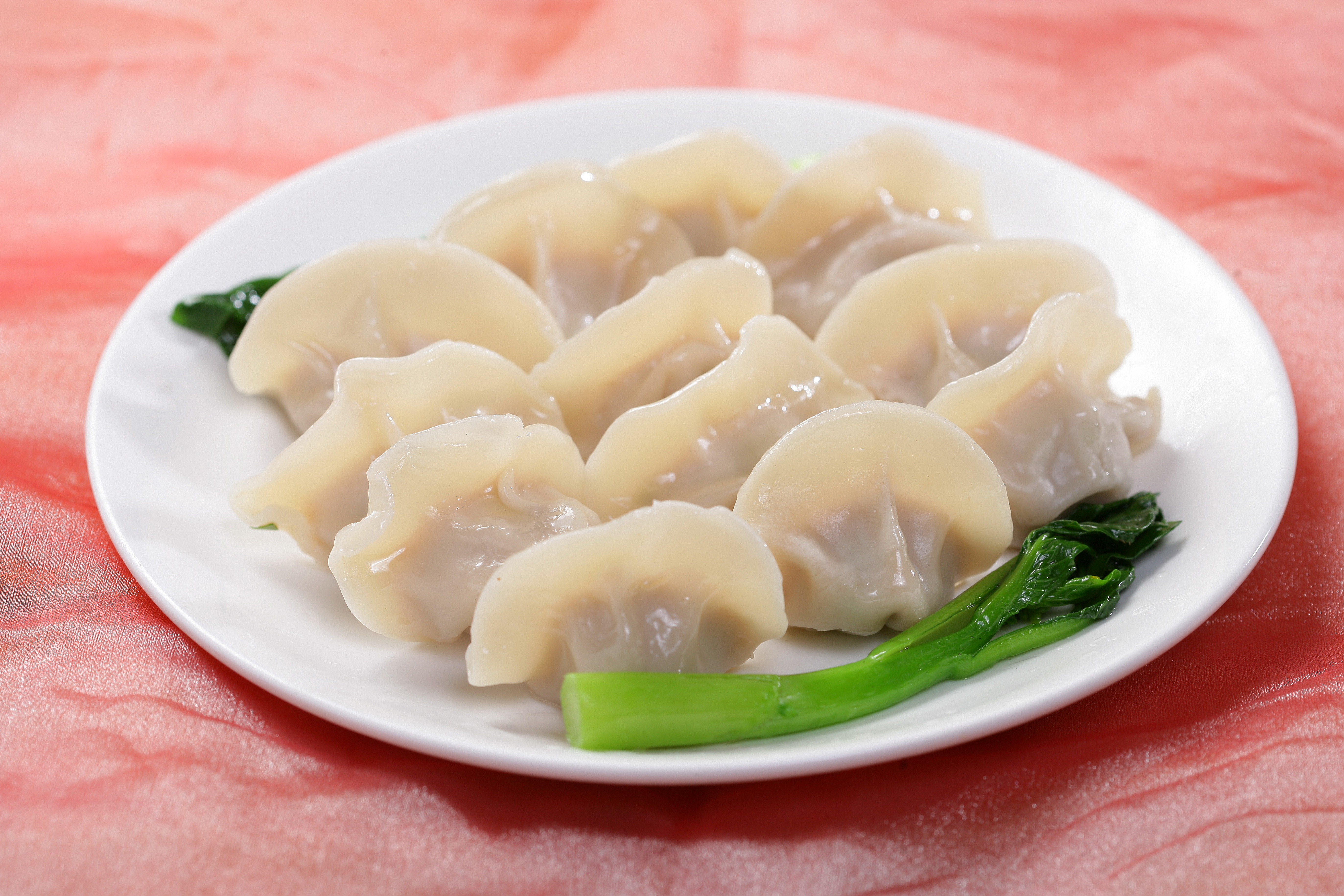U.S. plant-based "meat" makers targeting China, such as Beyond Meat and Impossible Foods, will need to battle homegrown rivals currently developing local favorites such as dumplings and mooncakes if they are to nab a share of the lucrative market.
Beyond Meat is looking to customize its plant-based meat for the Chinese market to make dumplings and other products. The company is aiming to start production in Asia by the end next year before eventually expanding to China. Impossible Foods has identified the Chinese mainland as its top overseas market for future expansion, and has been exploring potential partnerships with government bodies and corporations.
China's meat-free market, which includes plant-based products meant to replace meat, has grown 33.5 percent since 2014 and was worth 9.7 billion U.S. dollars last year, according to market research firm Euromonitor. It predicts that the industry will be valued at 11.9 billion U.S. dollars by 2023.

Chinese dumplings /VCG Photo
Chinese dumplings /VCG Photo
Local competitors
China is no stranger to food that uses vegetarian ingredients to give a meat-like flavor. Among new domestic players are names like Starfield and Zhenmeat, while older plant-based companies including Whole Perfect Food are rolling out new products.
Ham producer Jinzi Ham saw its share price soar 50 percent in a week after it announced in October that it would start selling meat made out of plant protein that it developed with Danisco (China) Investment, a unit of U.S. firm DuPont.
But unlike Beyond Meat or Impossible Foods, most Chinese companies are not making burgers, but instead focusing on local dishes such as dumplings, mooncakes or meatballs, and opting for pork rather than beef flavors in recognition of local palates.
"American and European companies have rich experience in frying, roasting, and baking, we have a different dieting culture and cooking recipes," said Zhou Qiyu, a marketing executive at Whole Perfect Food. The firm has mainly catered to China's mostly vegetarian Buddhists for the last 20 years.
"It's the same palate. There's nothing about what we're doing that prohibits us from making a product that would have appeal in the Chinese market," Beyond Meat's executive chairman Seth Goldman said.
(With input from Reuters)